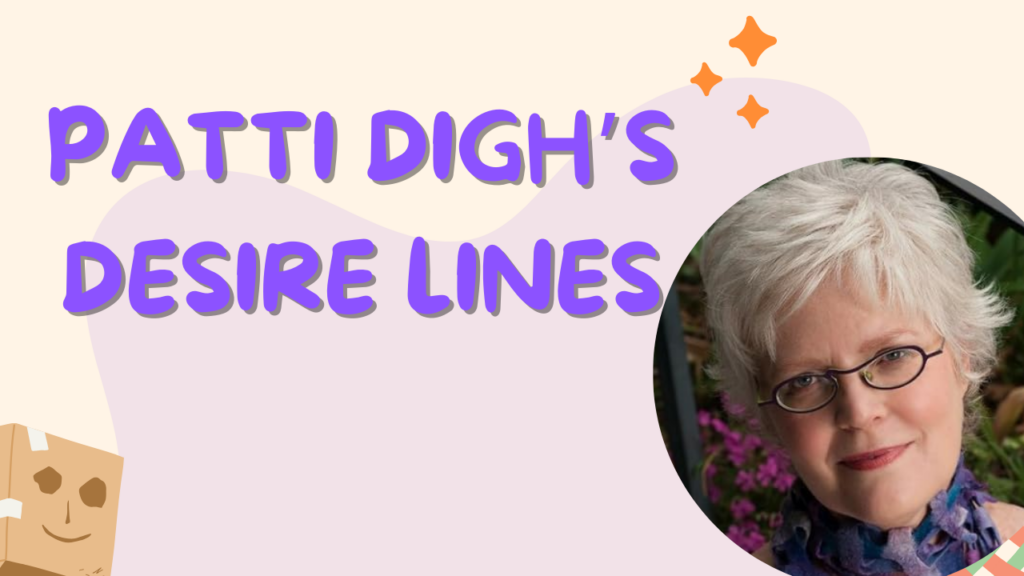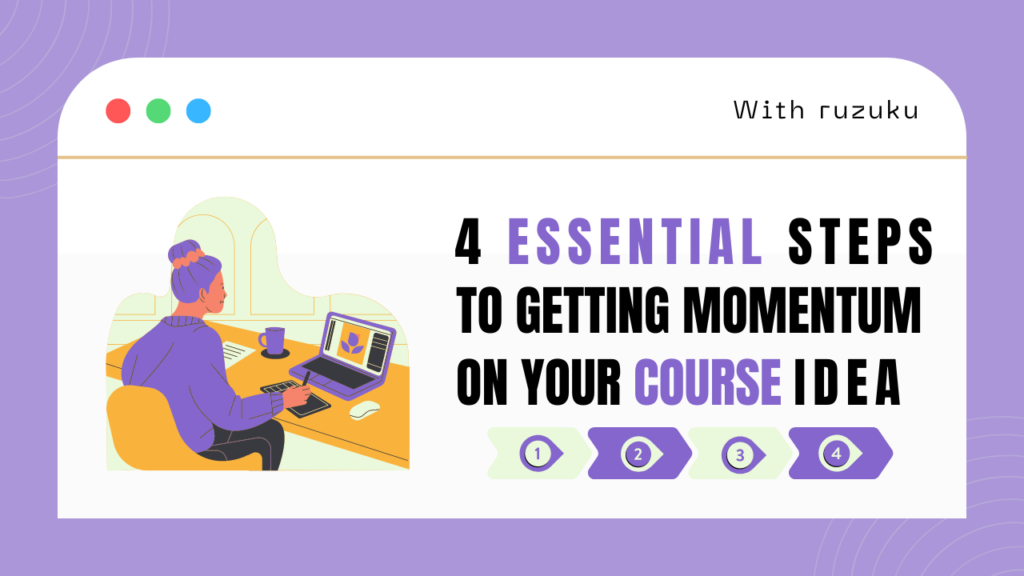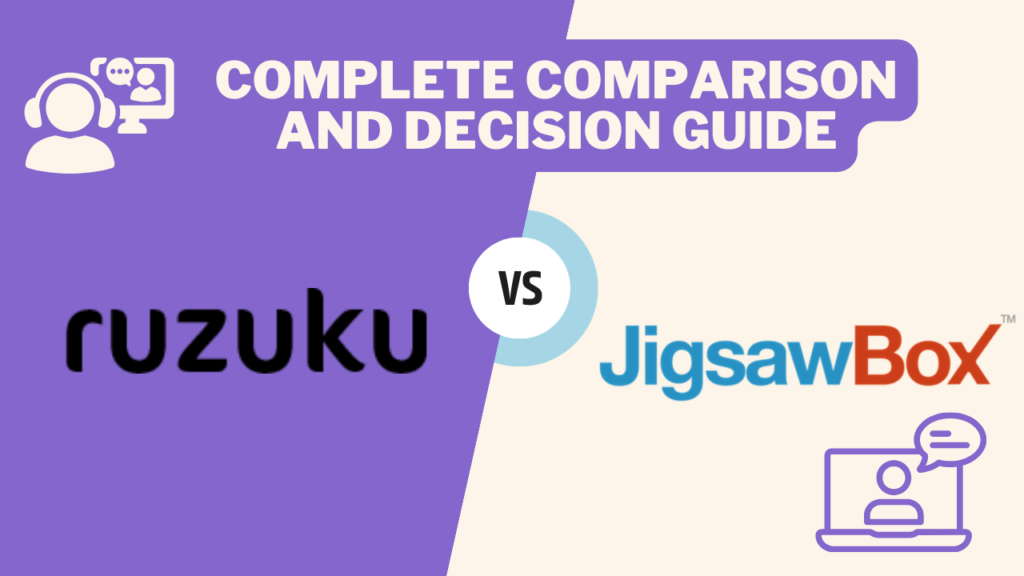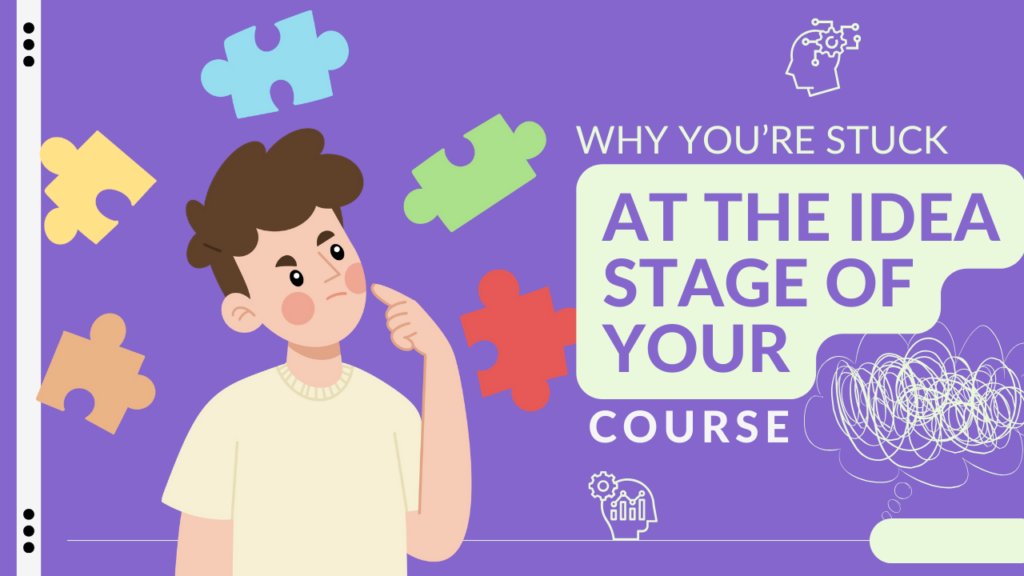Patti Digh is the author of Life Is a Verb, Creative Is a Verb, Four-Word Self-Help and What I Wish For You: Simple Wisdom for a Happy Life. She speaks to audiences about leadership, diversity, and living with intention. She runs her VerbTribe and other courses on ruzuku. She blogs at 37 Days.
I am a writer.
A couple of years ago, I was with my business partner, David Robinson, and we had this week where we were framing our work and what we wanted to do in the world. We asked ourselves things like: What do we want to do in the world, and what’s the work we want to do together.
Late one night, he said to me, “Help me understand why it is, when somebody asks you what you do for a living, you never say, ‘I’m a writer.’” And I said, “Oh, I’m not a writer.” And he said, “You’ve written three books and published hundreds of articles. What bar would you have to have reached for you to be able to say that you’re a writer?”

So we went to this lunch the next day, and a guy just turned to me at one point during lunch and he said, “Well, Patti, what do you do?” And I, of course, was all puffed up with this conversation from the night before. So I look over at David and I looked back at the man, and I said, “Well, I’m a writer.” And I started smiling. And the guy says to me, “Well, what do you write?” And I said, “Oh, I just write these little essays every Monday.”
So after lunch, David says, “So what’s up with just writing little essays every Monday?”
It’s real easy for us to minimize what we do in the world.
There’s a story in the book about desire lines.
Architectural landscapers use this phrase, desire lines, as a descriptor for those paths that are off the concrete paths. So when you’re on a college campus, for example, there are these dirt paths that people start creating, because that’s really the best way to walk around campus.
So that’s a metaphor for this idea of desire lines. Do you spend your life going on the concrete path because that’s what you think you need to do, or do you make your own line, do you follow your own path?
I had felt for a number of years that I was having an out of body experience when I would go speak.
Once I was studying at Penland School of Crafts, this beautiful, incredible craft school in North Carolina. And yet I had to leave my two week class for a day to fly to Dallas and do a very high powered business speech for a major financial services firm. There was such a contrast between who I felt I was as an artist and who I was as a business leader.
There was a certain feeling of coming home or coming into myself when I started writing that was much more connected to who I am as a human being and not just as a business person.
Honestly, I would like to go back into a room with good lights, and white curtains, and a breeze blowing in it, and I would to sit there and write for eight hours a day. I would like to get back to writing with the kind of urgency that I had when I first started “37 Days.” I think it is very easy to pull ourselves out of intention, and to start focusing on things that are not really linked to that intention.
There’s a great quote: “A writer is someone who longs to say something.” That’s a true description of who I am.

A lot of people write to me and say, “Help me understand how I can build a successful blog,” or “How many followers do you have on Twitter?” “How many books?” “How many cities did you go to on your tour?” How many? How many? How many? I think it’s very, very easy to focus on things that are easy to measure, but don’t really matter.
On the flip side, I also have a lot of people telling me: “I wish I could write a blog like yours, but I don’t have stories like yours.” My response always is, “You do have stories like these, but you’re not paying attention.”
The catalyst for my blog was the death of my stepfather, just 37 days after he was diagnosed with lung cancer. That time frame was really compelling to me, and I literally did start asking myself every morning, “What would I be doing today if I only had 37 days to live?”
It took a couple of years after my stepfather’s death to really sit down and write. He died in November of 2003 and it was January of 2005 that I actually stopped what I was doing and started writing. It was January 3rd, 2005 that I finally started writing 37 Days.
My answer to the 37 Days question was that, if it were true—and who knows if it is or not, I would want to write down all my stories for my girls, so that they would have a sense of who I was as a human being: what I cared about, what scared me, what I laughed at, what I had screwed up on. And so, literally, that was the catalyst for starting some writing that I had never done before.
I mean, I would literally sit every day and write for eight hours. I described it to a good friend of mine recently as the most fulfilling, happiest time I can remember in my life. And I think that sense of fulfillment – that sense of happiness – was that I had found what is mine to do in the world. I had never really written down my stories or considered myself a writer. And I didn’t even so much then, but I knew that I had an internal, incredibly intense intention behind it, and that was simply to leave these stories behind for these two girls.
And I actually think that the single intention and the urgency that I felt around it was the thing that drove people to the work. I first sent it out to 12 friends, just to say, “Look, I want to keep myself honest about this, so I want to post an essay every week. Would you just email me if you don’t get it on Monday?” And those 12 people sent it to 12 other people and it just grew from there. Within six months, there were between 15,000 and 20,000 people reading this blog.
What I took from that was that there’s just this shared, underlying motivation for our lives to have more meaning, that we’re all urging toward that like a plant to the sun, but so many other things get in the way.
My intention was not to create a successful blog. My intention was not to write a book. It was just to leave these stories behind for these two girls.
If I had waited to see if writing this book would be a logical way for me to make a living, it would never have been written.
At one point, I asked my business partner David, “David, how would you approach your art if you truly believe that your art could provide everything that you ever needed or wanted?”
If I really believe that my writing could provide everything that I ever needed or wanted in my life, how would I frame it differently? How would I approach it differently? I think that is a really compelling question, as opposed to “Wait until the proof is there.”
I could teach you how to speak Sinhalese.
I learned it when I was in Sri Lanka. When I was 16 years old, I was chosen to be an exchange student to Sri Lanka.
I lived with a Sinhalese family and most of the people in the small village that I lived in didn’t speak English, so I got pretty proficient in speaking Sinhalese. So I think I could probably pick that back up and teach you Sinhalese or Mandarin Chinese, you could take your pick of those two.
I took Chinese at Johns Hopkins when I was in DC. Mandarin Chinese. I knew enough Chinese to be the person chosen when a delegation of college presidents from China came to the United States. And I flew around the country with them. They visited colleges and universities, a different one every day for a month. And I was their tour guide because of my little bit of Chinese.
There was this one fellow—we grew into this extraordinary friendship without language because I didn’t speak enough Chinese to have an in depth conversation with him and he spoke no English. When I look at a photograph from that trip all those years ago, those 30 days, he and I are always together.
He’s a very famous artist in China. My birthday was during this trip and he found that out and literally stayed up all night carving a very special signature stamp for me.
This was decades ago. I lost touch with him. Recently, though, I reconnected with him. I was doing some work at Boeing and there was a guy in the class from China. At a break, I said “You know what, I have thought about this man for decades and I would love to reconnect with him.” By the end of the day, he had emailed me a picture, and he said, “Is this the man?” And it was just this incredible feeling: It was him. An older version of him, but it was him.
He sent me a book of his paintings and I sent him my book. And we’re still in the needing a translator stage, but I’m looking to pick up my Chinese again and be able to speak with him in his language and not expect that he will be able to speak to me in mine.
So, here we are, 30 years later and exchanging our books.
What I find most interesting in all this is that so often we expect friendship relies on language or a shared history and it doesn’t.
We keep ourselves busy just to keep ourselves out of our real world.
I was working on a consulting project that kept me very busy and was literally traveling every week. That contract ended in January 2005. If I looked at it from my old sort of measurement scheme, that was a tough end because I had relied on that job. But it was actually a great liberator because for the first time in many, many, many years, I actually sat still for a good long while, for months.
So, those difficulties we think of as the “end of the world” (in my case, the end of that job) can actually be the things that allows us to stop deflecting, to start sitting with ourselves a little bit more.
I have written two business books that did very well, and I think they’re great books.
I think I made a contribution to the field around global leadership and also global diversity. But when I got the box of books that you get from the publisher after you publish a book, I really didn’t feel that much of a connection to either of those books.
And so that was really the catalyst for putting down the mantle of business-writer power-suit. There had always been a disconnect between what I was saying and who I was. It was like I was speaking with somebody else’s voice that was different from my own.
I saw a postcard once that described this perfectly. I was eating lunch with some artists and was bemoaning the fact that I had to put on a power suit and leave behind my Birkenstocks. I said to one of the artists, an ironworker, “When I speak in these kinds of settings, I feel like somebody else is moving my mouth.”
He said, “Just wait here a minute.” And he ran and got this postcard from his last show. On the front of it was a photograph of one of his sculptures—a business suit—a torso in a suit and the head was made out of all these recycled farm implements. When you turned the card over, there was a picture of the back of that sculpture. There was a little door in the back of this business suit. And when you opened the door, there was this little crank and if you cranked the crank, the mouth would move.
I said to the artist, “That’s how I feel.”
I was doing what I was good at, not what I really wanted to do.
It’s very, very easy to get seduced by something you do really well.
I remember very vividly, when I worked in nonprofit organizations, at one point waking up and thinking, “I don’t want my tombstone to say, ‘Wow, what a great administrator.’”
Just being good at something—being rewarded for it, promoted for it, sought after for it didn’t really mean that that was my true work in the world.
I think that I had talked myself into the fact that in order to make a living, I needed to do what was expected of me. I don’t think it was false work, I think it was actually good work. But it wasn’t my work to do in the world.
We’ve so divided the professional and the personal in our lives. We say, “Oh, I do that for a living, and I do this for fun.” We need to reconnect those two things, that work is life and life is work.
We need to make art of wherever we are– to make art of what we’re doing in the world, and not wait for permission to make art.
There’s a great tradition of poets who were insurance salesman. They were people who had families to support. For them, they had to look at their insurance sales job as artfulness. How do I take the pieces of what I learn out of that and find meaning? In that context, they might ask themselves: “How do I use the fodder from what I’m doing for “making a living” to actually be alive? How do I use that as fodder for my writing or for my art?”
Our mistakes are sort of a pentimento inside of us—an echo or shadow of who we are and who we can become.
I have a very strong sense in my life that everything that I have done has led me exactly to this space and this place. There’s nothing that I would change about that, even the most difficult.
One of the most difficult times in my life was my father’s death in 1980, which now is so long ago. Sure I would love to have had him be a part of my life. I was a teenager when he died. So there’s a lot of loss around that, but his death framed who I am as a person.
There’s a certain point in which you begin to look backwards and think, “Oh, I wish I had gotten to that point earlier, because look at all the time I wasted.” That’s a mistake that a lot of us make. I have certainly made it. But I don’t think that I could have come to this place in my life, if I hadn’t had all those things that I saw as mistakes or as lost years.
I’ll be 50 this year and I think I’ve only just come into myself. I’m still struggling with this, that what I have to offer is meaningful and valuable to the world and to myself.




